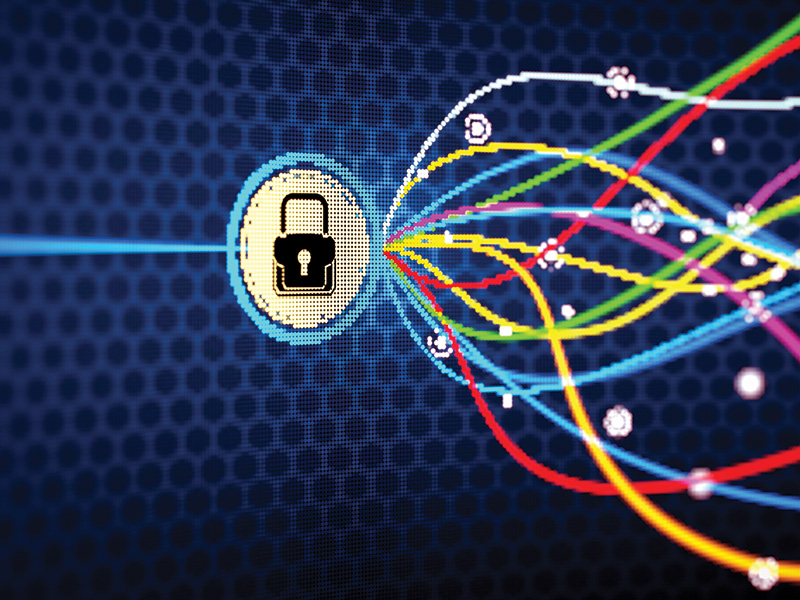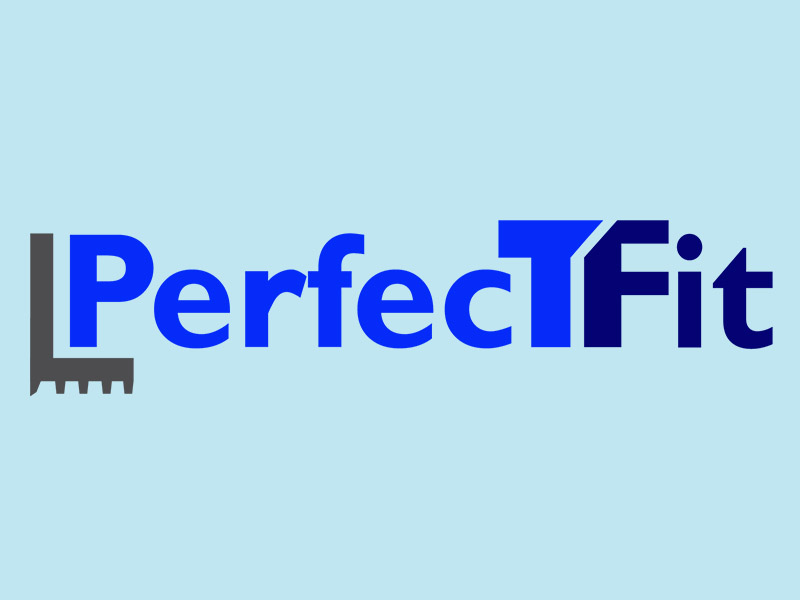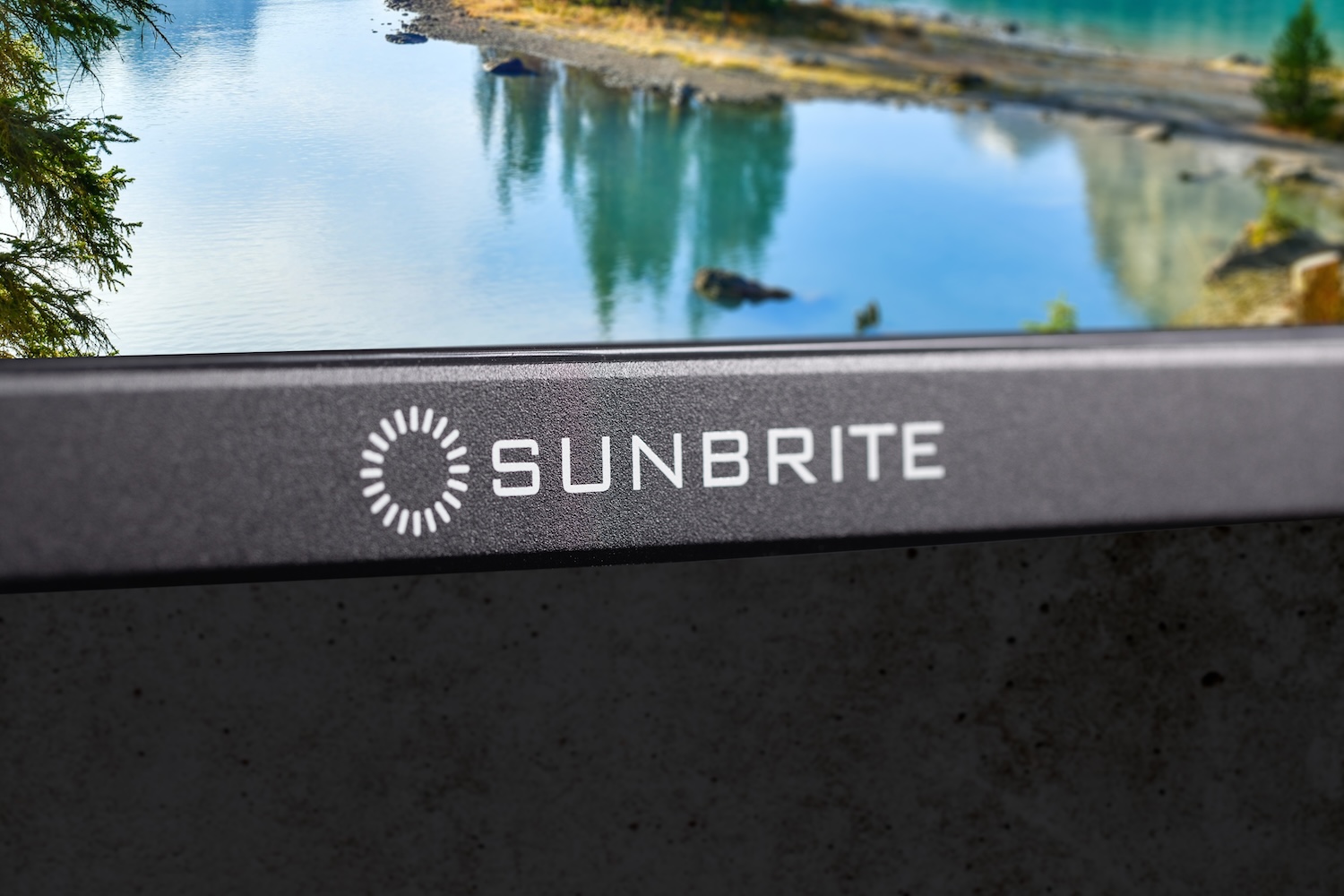Securing the Network
At the start of 2020, I still feel like we’re in the infancy of cybersecurity offerings for the home. The lack of proactive solutions has driven our company to evaluate where we are today and how things might shake out over the next 24 to 36 months.
We live in a world where we “plug and pray” with client networks designed with basic security features versus proactively deterring threats. It’s the physical equivalent of living in a home without an electronic security system. However, whereas homeowners can roll the dice by opting out of a professionally monitored security system because there are only so many bad guys driving by at any given time, the dynamic changes completely with a home network. Virtual bad guys are stopping by in droves 24/7/365.
All the firewalls, passwords, and virus scans in the world do no good in an environment where they’ve been set and forgotten. A solid network needs constant caring, watering and feeding to remain safe.
Consumers seem increasingly wary of investing in hardware that might become obsolete quickly. Hubs like Revolv, Iris, and Cujo come to mind, among many others. They are sold by the thousands and became paperweights when their cloud motherships shut down. In addition, outboard hubs like Disney’s Circle or Firewalla and their mission to inspect all network traffic can become performance bottlenecks as they try and protect the home. Router-based solutions with a cloud engine stand the best chance of taking hold with consumers as they continue to learn more about the importance of protecting their digital “windows and doors.”
An emerging trend appears to center around approaching cybersecurity as a holistic offering that views an isolated breach as interconnected. For example, a compromised password might trigger identity theft which can lead to lowered credit scores and bank fraud. As a result, emerging cybersecurity offerings are including features such as endpoint protection, content filtering, password manager, report card, ad blocking, threat detection, and identity protection. Here’s how I would break each of these features down:
Endpoint Protection. In the spirit of belt and suspenders support, solutions like Sophos Endpoint Protection and Windows Defender are still a great way to deliver peace of mind to desktop and laptop users. These solutions are distributed, rather than centrally managed, and can prove tedious to keep current. As the traditional desktop/laptop market continues to converge with mobile over the next few years, I expect to see more integrated offerings evolve with Apple in particular being forced into more actively securing its own operating system. Windows introduced its Defender product over a decade ago after succumbing to consumer complaints of doing little to protect users from online threats.
Content Filtering. Solutions like Apple’s Screen Time, Google’s Family Link, and Amazon’s FreeTime all work at the device level. Newer solutions from ISPs and companies like Eero, Araknis, and Ruckus promise to centrally manage these preferences at the router level, providing a central choke point. Filtering can include parental controls, malware, and knowing when a new device logs onto the network.
Password Manager. With phishing attacks on the rise and consumers increasingly using multiple browsers/devices, the need for better secure password management has never been greater. Products like Apple’s Keychain or Chrome’s Autofill only work with their devices and can become frustrating to use when trying to recall complex strings of letters and numbers.
Report Card. Tech companies seem more oriented around delivering meaningful results to their customers on a regular basis. Weekly or monthly scorecards from companies like Eero or Disney are the beginning of “peace of mind” reporting trends that are squarely aimed at keeping subscribers engaged and driving down attrition.
Ad Blocking. Nobody likes online ads and while they’re not always a direct threat, there have been examples of ads being used to plant malware on unsuspecting computers.
Threat Detection. By pointing all home internet traffic to alternative DNS servers from companies like Zscaler, threats from suspicious sites are intercepted before they get through the firewall. This level of threat detection seems to build the strongest case that we’ll all soon be paying by the month for cybersecurity as a service.
Identity Protection. Cybersecurity crimes can often result in identity theft. Offering services like credit monitoring or locking credit files as part of a larger cybersecurity subscription such as Eero’s Secure+ appears to be an emerging trend as tech companies seek a more proactive approach towards protecting consumers.
There doesn’t seem to be a clear winner across the custom installation channel, but I’m optimistic that the coming months will yield multiple strong players, creating competition and driving consumer demand.
I’ll be watching the industry closely as more solutions come online and become ready for testing. For now, my custom integration company will continue to educate our customers and start offering more proactive cybersecurity solutions with our subscription plans toward the end of the year.









